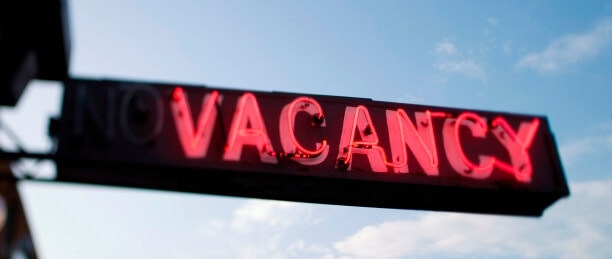Do You Answer These 4 Vital Questions Before Your Tenant Asks?
Here are four important questions to answer before your tenant asks, and before you both enter into a rental or lease agreement, from Keepe the on-demand repair company.
Obviously the lease is designed to hold you and your tenant to all the conditions of tenancy, which may protect either party during a dispute. As a property manager, it is your duty to make sure all the conditions regarding living or renting an apartment or single-family home you manage are expressly stated in the agreement to prevent future dispute.
One great way to prevent future disputes with your tenants is to answer all the questions they may have in the actual agreement even before they ask you.
Below is a list of four questions your prospective tenants are most likely to ask before signing a lease agreement with you.
No. 1 – How is Rent Paid?
It’s likely that nearly every property management company or landlord in charge of a rental home employs a different strategy for dealing with rent-related issues, especially in this time of COVID-19.
It is important that you clearly state in the lease agreement your position on how rent should be collected and any other related matter. Below are ideas for clarifying the rent-collection process in your rental agreements:
- State whether you allow for a grace period, and the terms for it;
- Specify penalties for late payments or late-rent policies
- Specify the acceptable method(s) of rent payment:
- Spell out the consequences of not paying rent.
No. 2 – What Utilities are Tenants Accountable for?
In most rental homes, this is one of the major causes of disputes between renters and property managers.
In many cases, landlords cover some utility bills as a form of incentive or bonus to tenants. Other times, the utilities are in the landlord’s name and will require a change to the tenant’s billing. Be sure to state when and how this is supposed to happen so you as the manager do not get stuck with tenants’ bills.
When drafting your rental agreements, it is advisable that you clearly itemize the utility bills that renters are expected to handle on their own and answer this tenant question up front.
Below is a list of utilities that property managers are likely responsible for:
- Water/sewer/trash
- Garbage collection
- Parking permits
- Cable and/or internet connections
No. 3 – What If I Need to Break My Lease Before Its Expiration?
Sometimes your tenants may need to break their lease before the agreed termination date.
You cannot force a tenant to continue to live in your property against their wishes. It is a hassle every property manager must deal with.
It is important that you include the early-lease-termination procedure in your lease agreement. This alerts your tenants of what to expect if such a situation arises in the future.
Here are some key things to include in this clause of the contract:
- The notice required to vacate the property (including time-frame and form the notice must be given in).
- Charges associated with early termination.
- The cancellation process, should you choose to allow certain instances of early lease termination.
No. 4 – What is Your Pet Policy?
Pets are great friends to live with, but what happens when your garden or rental-home carpets are destroyed by these same friends?
Before renting your home to a tenant, you should include the type/number of pets allowed and the deposits tenants are required to pay.
Also, clearly state the penalty for destruction caused by a tenant’s pet(s) or the presence of an unapproved pet on the property.
Also remember that therapy dogs, assistance animals, and companion animals approved by a medical professional are not pets and thus not subject to a no-pet policy.
Answer tenant questions final thoughts
Renting your property to a tenant can be a lot to handle if your rental agreement doesn’t explicitly state your position on these important issues.
It’s also a good idea, before drafting your agreement, to talk with a local property lawyer. It’s important to be on the right side of your state and city laws. It’s critical that you stay on the right side of your state laws.
Source: rentalhousingjournal.com
















 Accessibility
Accessibility